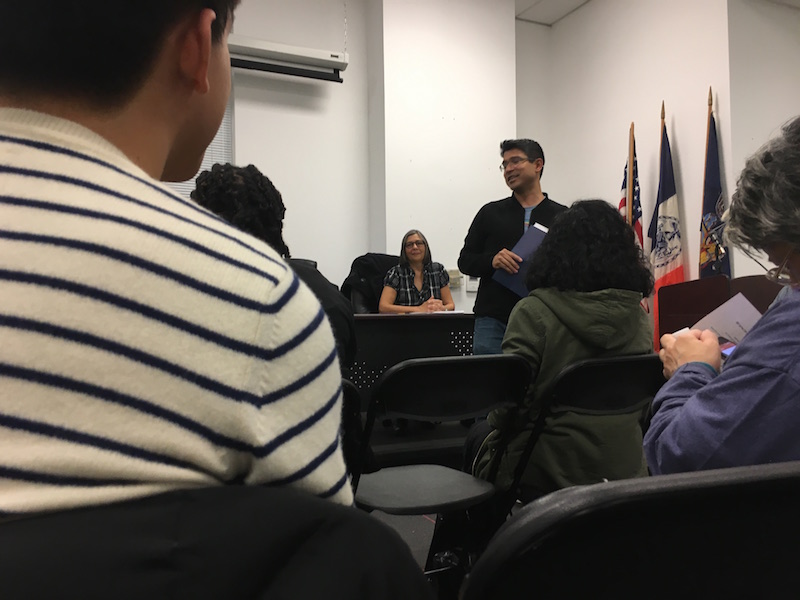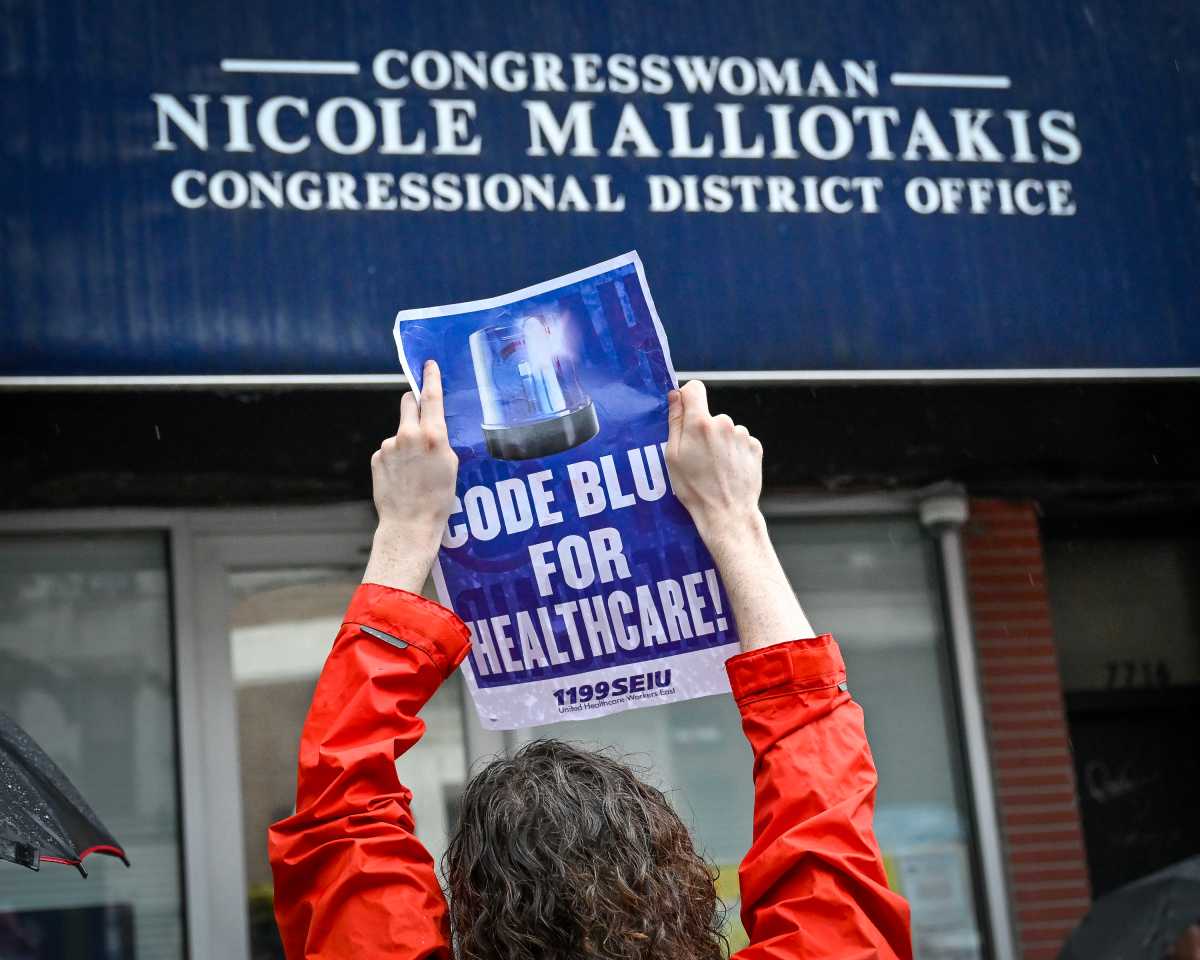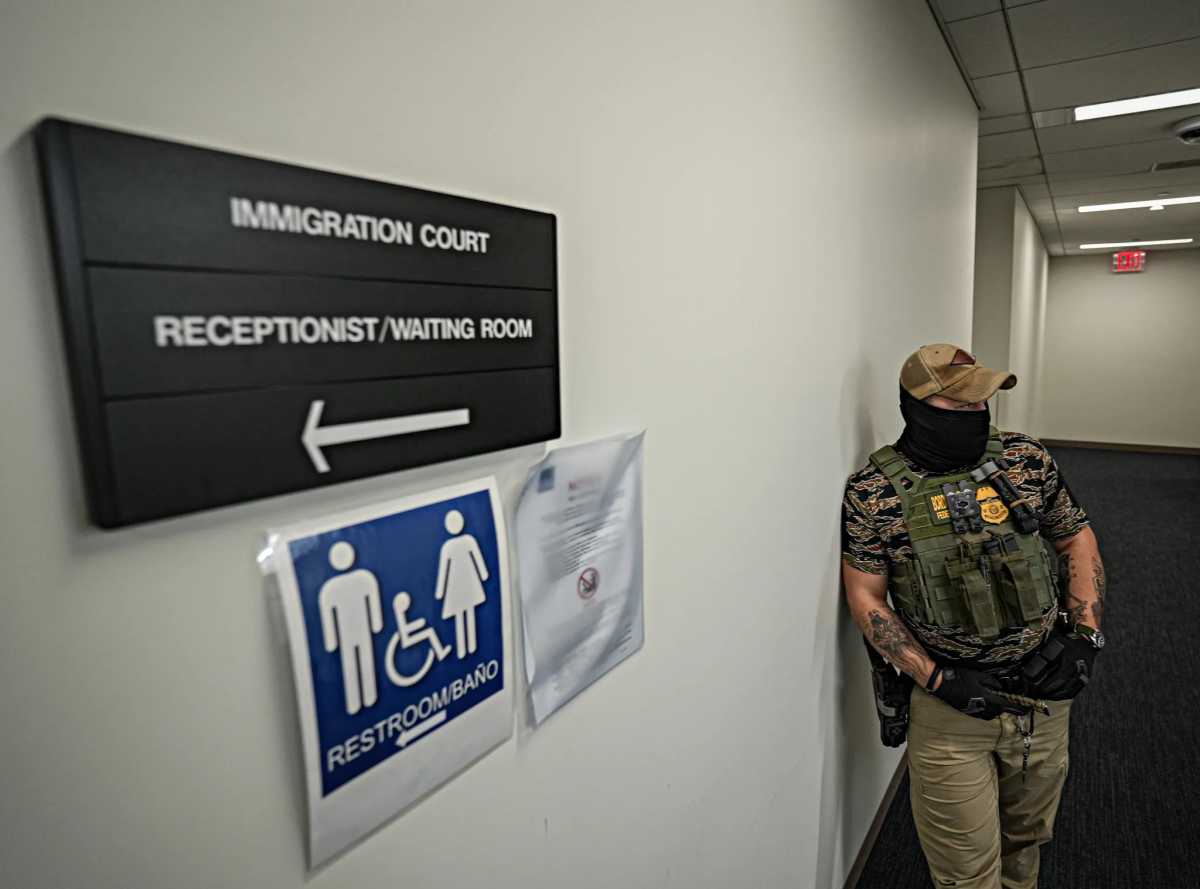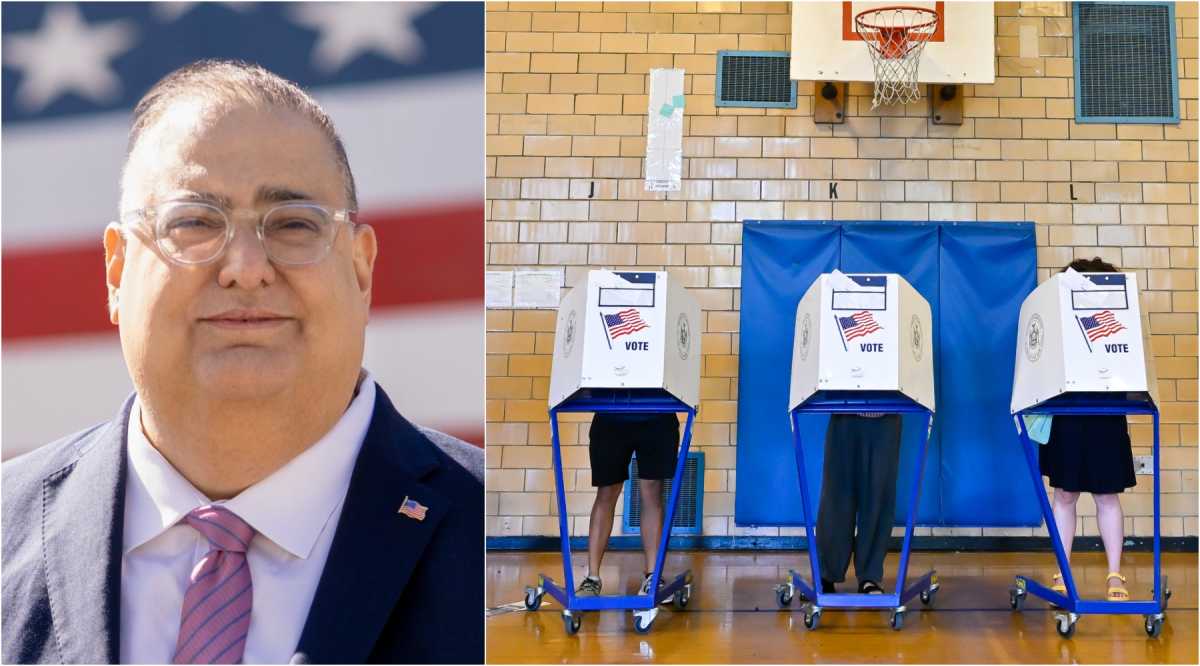Angry and worried Sunset Park residents that have seen six homeless shelters and/or hotels turned into homeless shelters pop up in their neighborhood over the last five years voiced their concerns toward shelter directors and a special advisor for the Department of Homeless Service (DHS) Wednesday evening.
Members of Samaritan-Daytop Village, Cassiar Housing Network and Turning Point – all of whom are non-profits that have contracts with the city to run homeless shelters – were all present at the discussion meeting, but perhaps nobody received more fire than Lori Boozer, special advisor from the DHS.
Residents spoke out about DHS’ lack of communication in notifying tenants and community board members about homeless shelters and hotel turned into shelters in the area. Residents have seen their neighborhoods turn sour after the openings of these shelters, which in turn have reported multiple break in’s, drug activity and disturbances in local businesses.
According to Boozer, the DHS gives community board members at least a 30 day notification about shelter openings.
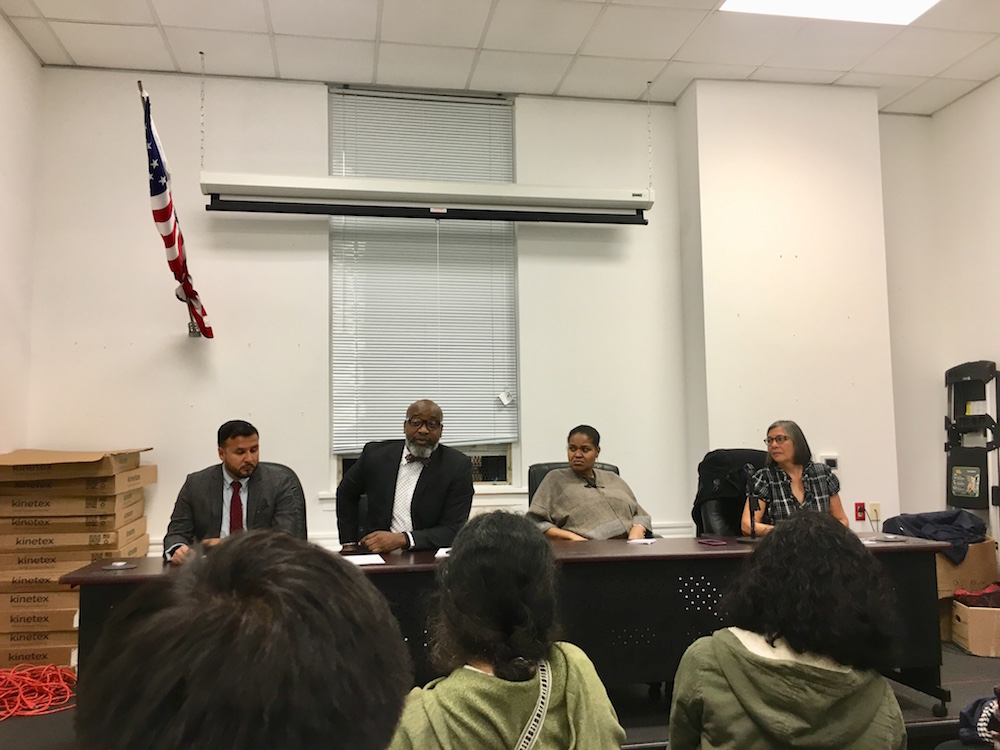
But Community Board 7 District Manager Jeremy Laufer stated he was notified less than 24 hours before the opening of Brooklyn Way, a hotel used to house the homeless.
“At Brooklyn Way we got less than a 24 hour notice after I have been asking DHS for three weeks whether a shelter was opening there. I was lied to for three weeks. What is DHS responsibility to the communities that host these facilities?” said Laufer.
City Council Member Carlos Menchaca (D-Sunset Park, Red Hook) spoke out about the spike in public safety concerns within the neighborhood, “The public safety issue has risen to a really high fever pitch. People are feeling unsafe in our streets and some of that is connected to visual understandings of heroin and needles, for example. What I want to do is make sure that those things happening in our neighborhood are addressed and I want to respond to them, but what’s happening with homeless shelters is completely separate,” said Menchaca.
Despite all the negative concerns regarding homeless shelters, Melissa Del Ville Ortiz, the community and housing director for Congresswoman Nydia M. Velazquez (D-Brooklyn, Queens Lower Manhattan) had a different point of view toward the situation.
“I was homeless for three years. When I came out of the military I had no place to live. I was a single mom with two kids. I didn’t have to stay in a shelter I was lucky to have family to float through. I was a victim of domestic violence,” said Ortiz. “I have never done drugs, I haven’t robbed anyone and I never molested a child. So when my neighbors are stereotyping people that need housing you’re talking about me and I take that personally.”


